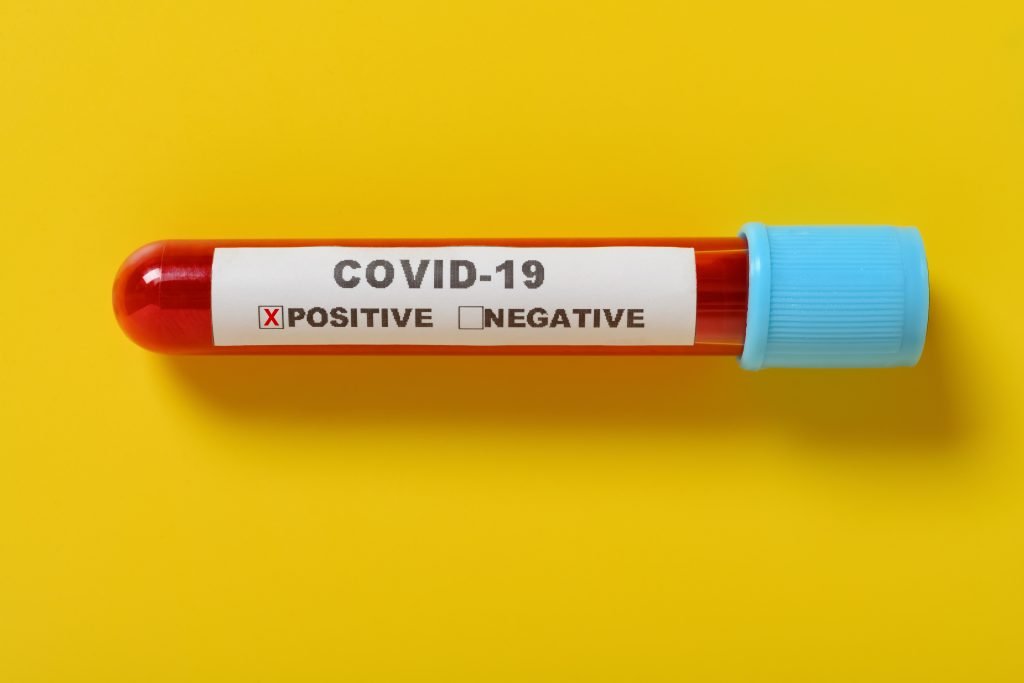 Following concerns over the pace of COVID-19 testing in India amidst the coronavirus pandemic, authorities are planning to scale up tests to combat the outbreak.
Following concerns over the pace of COVID-19 testing in India amidst the coronavirus pandemic, authorities are planning to scale up tests to combat the outbreak.
Reverse transcription polymerase chain reaction (RT-PCR) testing for COVID-19 is to be deployed at a brisk clip per plans by the Union Government. The Centre intends to double the number of such tests being performed every three days within publicly-run labs.
Yesterday, it was reported that India’s capacity for COVID-19 testing – including the 136 government-run laboratories and the 56 privately-run laboratories enrolled to carry out such tests – enjoyed a daily testing capacity of 18,000. On Monday, it was reported that the Indian Council of Medical Research (ICMR) itself was conducting at least 10,000 COVID-19 tests a day.
The ICMR is now shifting to a footing where it is “preparing for the worst-case scenario” and intends to scale up the pace of COVID-19 testing to one lakh each day in the months to come. “ICMR has taken a number of steps towards enhancing the number of labs, machines and test kits required to test suspected cases across the country,” the body said in a statement.
“As on 6th April, 2020 at 3.45 pm, ICMR has tested 96,264 samples of which 3,718 were found positive for SARS-CoV-2,” the body noted. (SARS-CoV-2 refers to severe acute respiratory syndrome coronavirus 2, which causes COVID-19). It said that it “has a constant vigil on the national testing strategy in line with the current trend of the outbreak. RT-PCR is the gold standard testing method for SARS- CoV-2 diagnosis and is in place in all the laboratories for diagnosing the disease.”
In addition to the current laboratories enlisted, the ICMR said “we are also identifying other government and private labs, research institutes & medical colleges which have the capability and infrastructure to undertake COVID-19 testing and are in conversation with them to include them in the COVID-19 testing network.
“ICMR is also considering other scale-up interventions such as moving to 24×7 working model at existing labs, coordinating with states to increase manpower for various functions including data-entry, re-deploying automated and manual RT-PCR machines already in the country to aid COVID-19 testing effort, and optimising in-lab processes…to reduce turnaround time between sample receipt and testing.”
The ICMR further noted that it “has forecasted requirements for testing equipment, kits and manpower and is actively procuring, allocating and distributing the same throughout its network of labs. ICMR has regular touch points with public and private labs and are resolving their issues related to logistics, approvals, reporting etc. on a continuous basis.”
The Government also intends to expand the country’s COVID-19 testing capacity through the use of “around 250 TrueNat machines and 200 CB-NAAT machines (more popular as GeneXpert) used for tuberculosis testing…[to] be deployed for testing COVID19 suspects” according to “official sources” cited by The Times News Network (TNN). One official quoted by TNN said that “the response is guided by the increasing challenge and the changing colour of the crisis. It is important to respond differently with the changing scenario.”
Areas deemed to be “high-risk” or “hotspots” are to receive antibody-based blood tests capable of producing rapid results, due to arrive today, according to the TNN report. “We have already issued orders to test all symptomatic influenza-like illnesses (ILI) and [monitor]…such cases in health facilities,” noted the official quoted by TNN.
The Government has endured criticism over its handling of COVID-19 testing, with experts suggesting that the country was falling behind in proximity to the testing rates of other nations such as the United Kingdom and South Korea. The rate of testing by nations such as South Korea were perceived to have been instrumental in effective handling of the COVID-19 crisis and fears have been expressed that the full scope of COVID-19 in India and the mechanisms of transmission would fall under the radar should COVID-19 testing not be stepped up.

